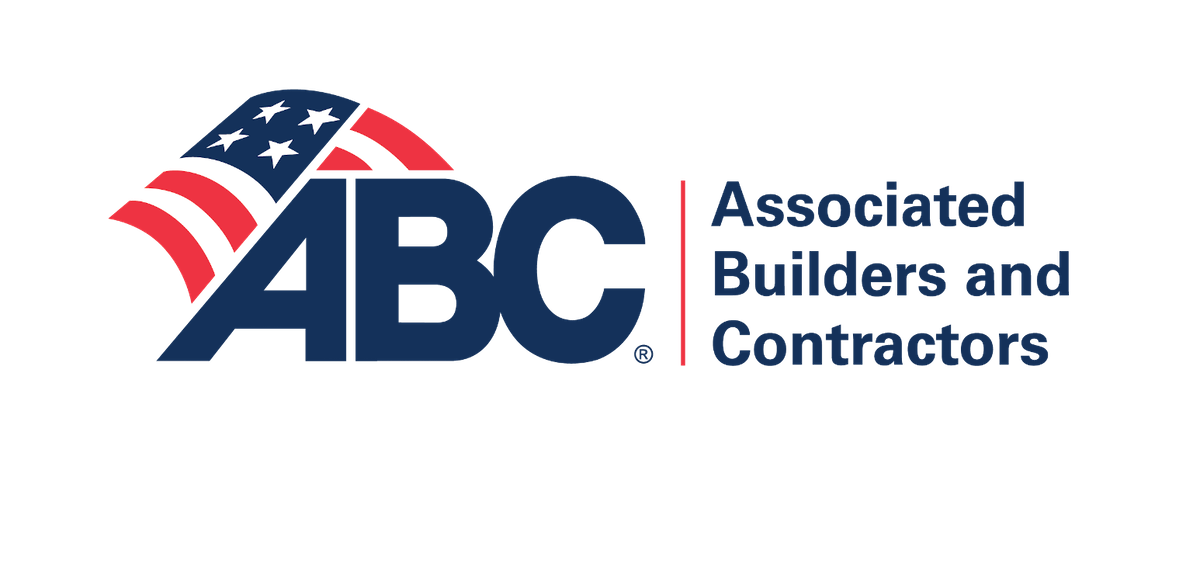Colorado Prevailing Wage Information
Colorado does not currently have any state statutes that establish specific prevailing wage requirements. However, any jurisdiction in Colorado that receives federal funding for construction projects within the state -- such as those funded by the American Recovery & Reinvestment Act -- is required to ensure those projects are managed to the requirements outlined in the federal prevailing wage laws. (Davis-Bacon)
Even when federal dollars are not involved, many public agencies choose to implement labor compliance programs to minimize the myriad of risks involved with public works projects:
CCMI works with jurisdictions in Colorado to achieve these objectives. We review certified payrolls and:
Please note that some cities and counties within this state may have imposed their own prevailing wage requirements. The fact that the state does not have its own prevailing wage requirement does not prevent a local government entity from imposing its own local prevailing wage requirements.
Even when federal dollars are not involved, many public agencies choose to implement labor compliance programs to minimize the myriad of risks involved with public works projects:
- High profile projects under intense public scrutiny
- Concerns from local labor groups and unions
- As an alternative to Project Labor Agreements (PLA's)
- Desire to ensure all contractors are competing fairly
- Desire to ensure all workers are paid proper wages
CCMI works with jurisdictions in Colorado to achieve these objectives. We review certified payrolls and:
- Verify for proper wage classification
- Confirm contractor's eligibility to work (debarment)
- Check overtime calculations
- Verify proper use of apprentices
- Confirm proper apprenticeship ratios and supervision
- Conduct onsite interviews (as requested)
- Inerstigation and Reports relating to noncompliance by contractors
- Verification of Restitution to workers and proper corrected paperwork submittal
Please note that some cities and counties within this state may have imposed their own prevailing wage requirements. The fact that the state does not have its own prevailing wage requirement does not prevent a local government entity from imposing its own local prevailing wage requirements.








